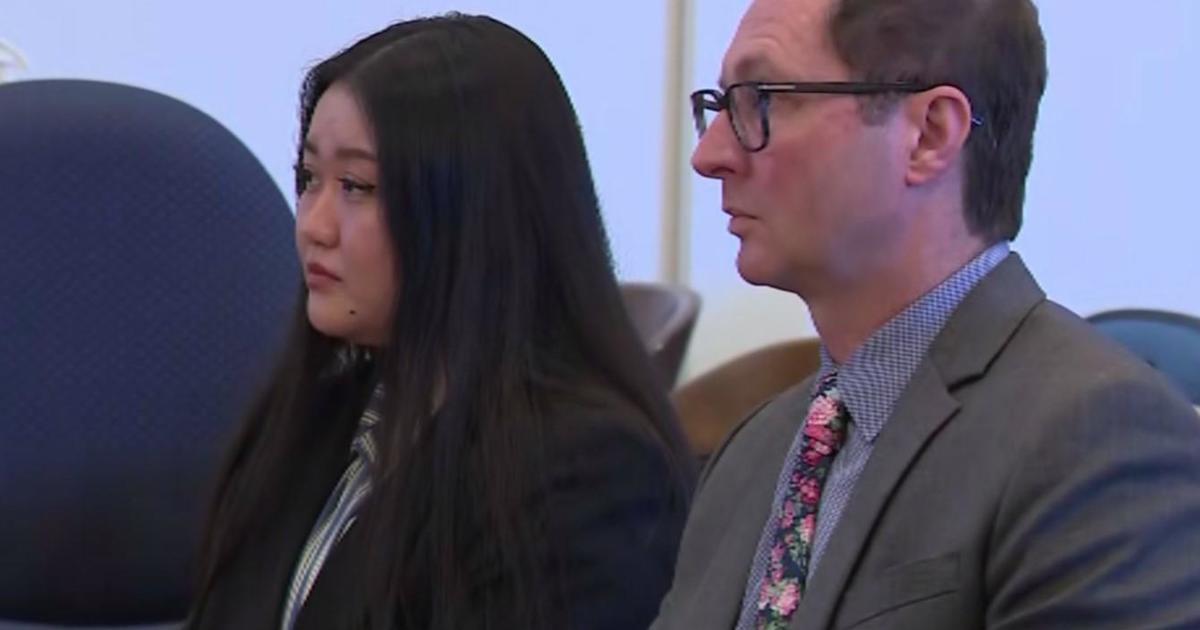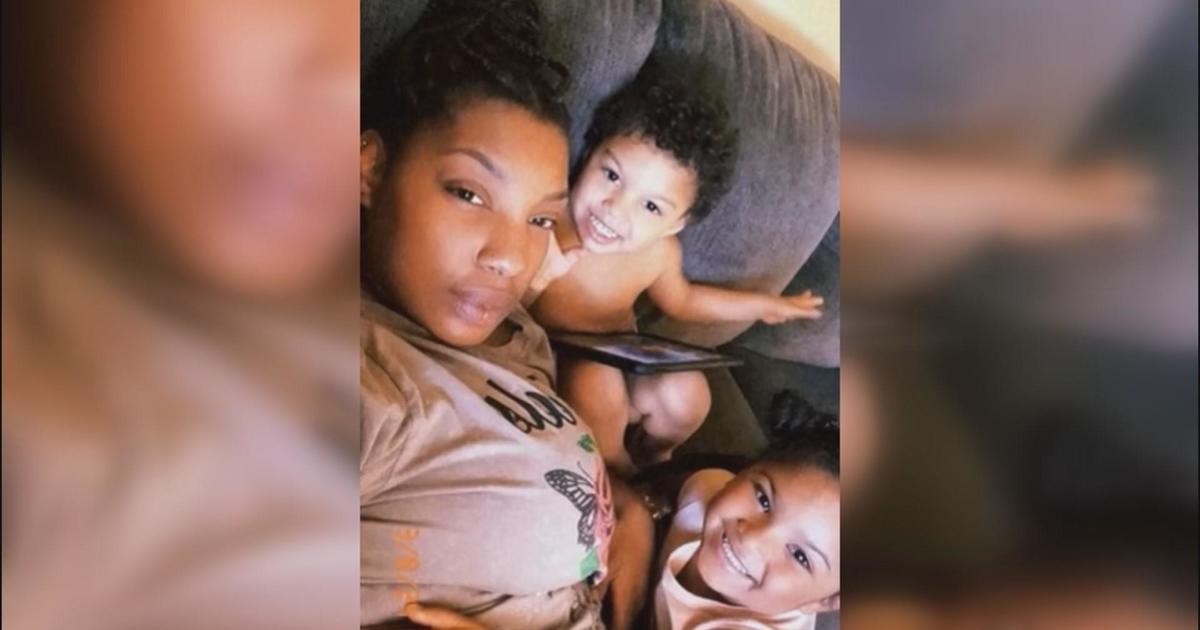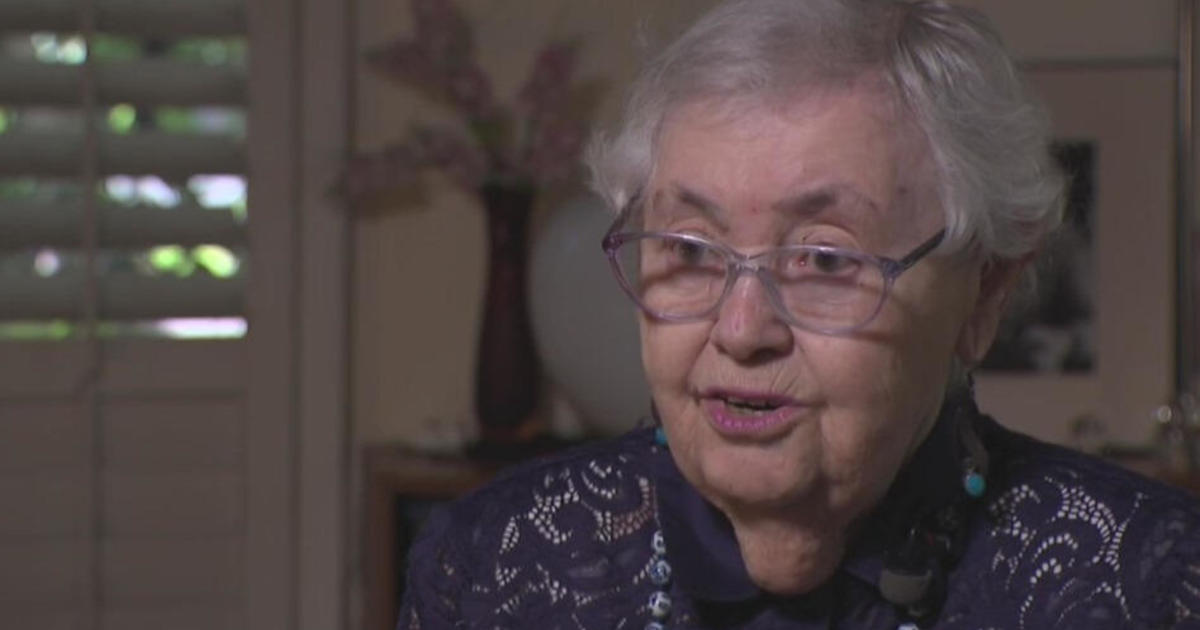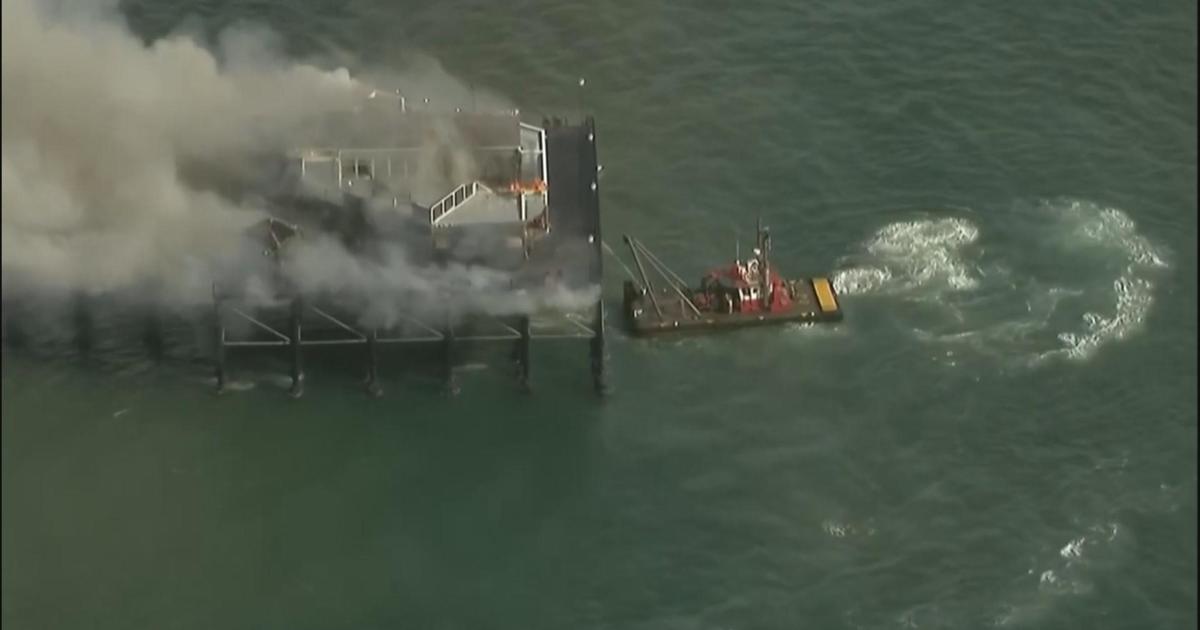Woman Plans 20,000 Mile Trek From Argentina To Alaska
MISSOURI (AP) — The night before Bethany Hughes started on the Pacific Crest Trail, a 2,650-mile hike from Mexico to Canada, she was so wired that she kept rifling through her bags.
Everyone else was asleep, but Hughes thought a "real" backpacker knew where to find anything she needed. So she kept pulling out gear, then repacking it. Over and over, all night.
Eventually, another hiker said, "You're like a 5-year-old the night before Christmas," and her trail name of "Fidgit" was born.
It has never fit better.
Five years later, the 29-year-old with the curious inability to sit still is preparing to depart on her next daring expedition: She will attempt to become the first documented woman to travel the length of the Americas — from Ushuaia, Argentina, to Barrow, Alaska — entirely by non-motorized means. The 20,000-mile trek will begin in December and take an estimated five years to complete.
Along the way, Hughes plans to spend time in local villages and bear witness to their way of life, promoting education, opportunities for women and other social issues.
"I really want to inspire others to pursue their own audacious goals," she said, twirling in her fingers a small silver pendant of a woman hiking.
"Our world is only as big as the information that we allow to come into it," Hughes continued, "so I believe being able to share what's going on to the opposite side of the world, and that they're not so different than us, we're going to make it a lot further."
Hughes traces her wandering spirit to her parents, Nazarene missionaries who spent time in Chile, Ecuador and the Dominican Republic during her childhood. Along with spreading the gospel, they instilled in her a passion for the outdoors. Hughes remembers her father going on hikes in the mountains, and she would hide in the back of the family car, popping out when he was far enough that there was no other recourse but to take her along.
Later, she lived in Spain and studied abroad at Oxford. Six little footprints are tattooed up her foot, one for each country Hughes has lived in.
"My family is very conservative, so me getting a tattoo was like, pushing some boundaries," she said, smiling. "My dad was like, 'You have to tell your grandmother.' And she was like, 'Oh, if you keep getting one for every country, you'll have them all the way up your leg!'"
What does her father think of her latest endeavor?
"There's a lot of fear," admitted Kendall Hughes, a chaplain at the federal penitentiary in Leavenworth, Kansas.
"Even with financial backing, there's stuff you can run into — river crossings alone are dangerous. I don't know how you can fully prepare."
Hughes understands the risks. She knows winters in the Andes are brutal, summers in the tropics insufferable. The mountains are beautiful but deadly, wildlife always a wildcard.
She fears other people most. Many countries in South and Central America are dangerous, even more so for a woman traveling by bicycle or foot.
Hughes has tried to mitigate the risk by taking wilderness survival courses, where she has learned everything from how to forage for food to how to build shelters. She knows a bit of taekwondo. And she'll have a traveling companion in South America, Lauren Reed, an experienced hiker in her own right whom she met on the Pacific Crest Trail.
"I'm sure things will come up," said Reed, who has also completed the Continental Divide Trail and Appalachian Trail — the so-called Triple Crown of hiking. "Things will happen as they happen, and if there's something dangerous, my hope is we'll figure it out."
Hughes has spent several years planning the trip, saving much of the estimated $12,000 she will need annually working multiple jobs. A few sponsors, such as Hyperlite Mountain Gear, have provided assistance. But most of her support has come through grassroots fundraising.
The plan is to follow the mountains through Argentina, Chile and Peru, then continue north through Ecuador and Colombia. Reed intends to drop off at that point, and Hughes will continue on bicycle through Central America and Mexico, before heading through the U.S. to Canada.
There, depending on the weather, she will hike, cycle or canoe. She may even drive a sled-dog team part of the way, a skill she picked up living briefly in Alaska.
"I've found two gentlemen who have done this, both British," Hughes said. "And six or eight people hiked over 1,000 miles of South America. Of those, three or four did all of South America. I've mainly been going off their works, but also looking at other endurance tests."
The biggest advantage she has over those of previous generations is technology. Google Earth has allowed her to plot her path with reasonable accuracy, while DeLorme's GPS system will not only keep her on track but allow a team of volunteers back in the U.S. to monitor her progress.
She will carry everything she needs with her, from food and water to matches and cooking utensils, and resupply whenever she passes through a town or village. Her support infrastructure will also send packages to help her out — new shoes and clothing, for example, or a chocolate bar to lift her spirits.
Physically, there is no real way to train for the trip — Hughes is in good shape, but it's not as if she is running a marathon and can simply log miles. The only to prepare for such an endurance hike is to do it.
"Gear and social and cultural progress have made this a unique time in history, where we're able to facilitate an adventure like this," she explained. "I think the world is ready for a message like this, that little girls should pursue their own dreams."
There will be sacrifices. She is leaving just before the holidays, a time she would normally spend with family. People will get married while she's on the trail. Some will have children, others may die.
Hughes knows she will miss a lot of life over the next five years.
Then again, Fidgit will be doing plenty of living, too.
(© Copyright 2015 The Associated Press. All Rights Reserved. This material may not be published, broadcast, rewritten or redistributed.)



